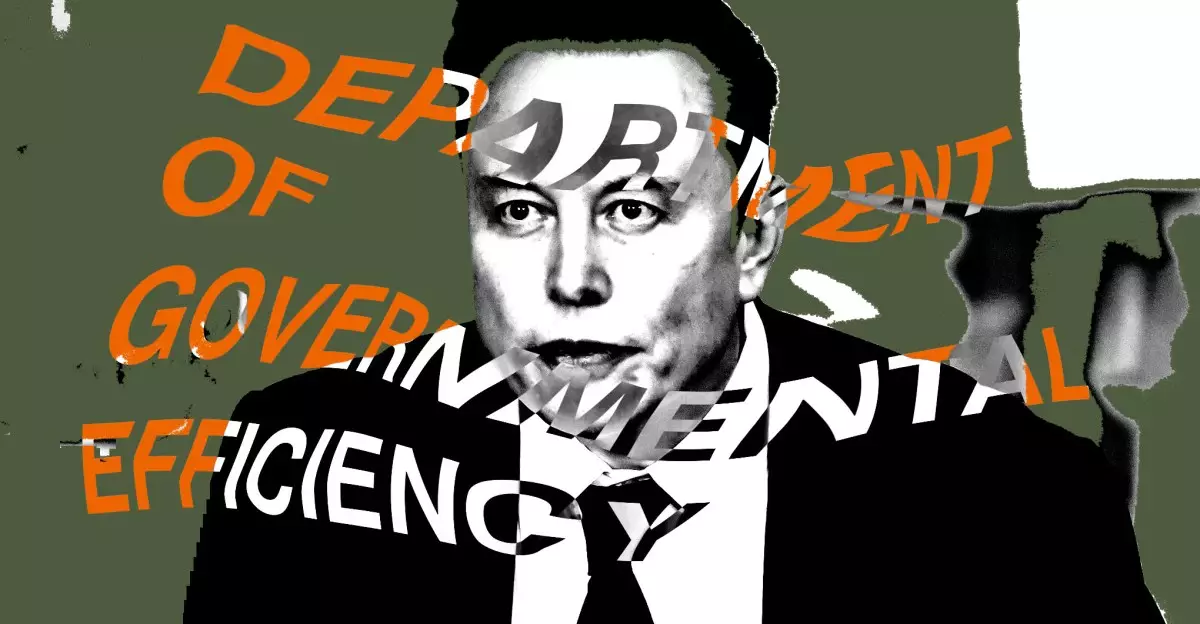In a surprising move, an email was dispatched on a Saturday to federal employees, instructing them to submit a summary of their recent work achievements by the following Monday night. This email originated from the Office of Personnel Management, targeting various federal agencies, including the FBI and the State Department. The initiative has sparked significant controversy, particularly due to its perceived alignment with directives from high-profile figures in the tech industry, like Elon Musk, who claimed in a tweet that employees failing to respond may face serious repercussions.
Musk’s tweet implied a strict approach to workplace accountability that many argue crosses legal boundaries. He suggested that if employees did not respond, it could be interpreted as a resignation. Legal experts contend that this interpretation lacks validity and threatens the very foundation of the civil service system, which is designed to protect federal employees from arbitrary dismissal.
Leading voices, including House Minority Leader Hakeem Jeffries, condemned the initiative, asserting that it is an egregious overreach that instills anxiety among hardworking federal employees and their families. The notion that failure to report achievements could lead to job loss not only raises ethical questions but also prompts concerns about the legality of such directives in the federal sector.
Legal scholars, particularly those specializing in civil service law, have voiced their concerns regarding the implications of such demands. Sam Bagenstos, a law professor at the University of Michigan, emphasized that there is “zero basis” for such a request within the existing civil service framework. This sentiment highlights the potential repercussions of initiating a policy that pivots from established norms of employee evaluation and accountability, raising fears of a workplace culture based on intimidation rather than constructive performance assessment.
This episode is reminiscent of Musk’s controversial management tactics following his takeover of Twitter, where he enacted similar demands for accountability. His approach—characterized by stringent requirements for employees to validate their work—has raised eyebrows and criticisms across the business landscape. The potential establishment of a “Department of Government Efficiency” (DOGE) under Musk’s influence only amplifies concerns regarding the intersection of private enterprise strategies with public sector employment practices.
The episode represents a larger cultural conflict within U.S. governance—balancing the need for accountability with preserving the rights and protections of federal employees. The fear of repercussions in a climate where public service accountability is under siege poses threats to morale and productivity.
As the federal landscape grapples with these new pressures, it becomes increasingly vital to establish clear boundaries to safeguard the integrity of civil service. This incident serves as a stark reminder of the rapid and often alarming transformations occurring at the intersection of technology and public administration, necessitating vigilant oversight to ensure that the fundamental rights of employees are not compromised in the name of efficiency or productivity.

